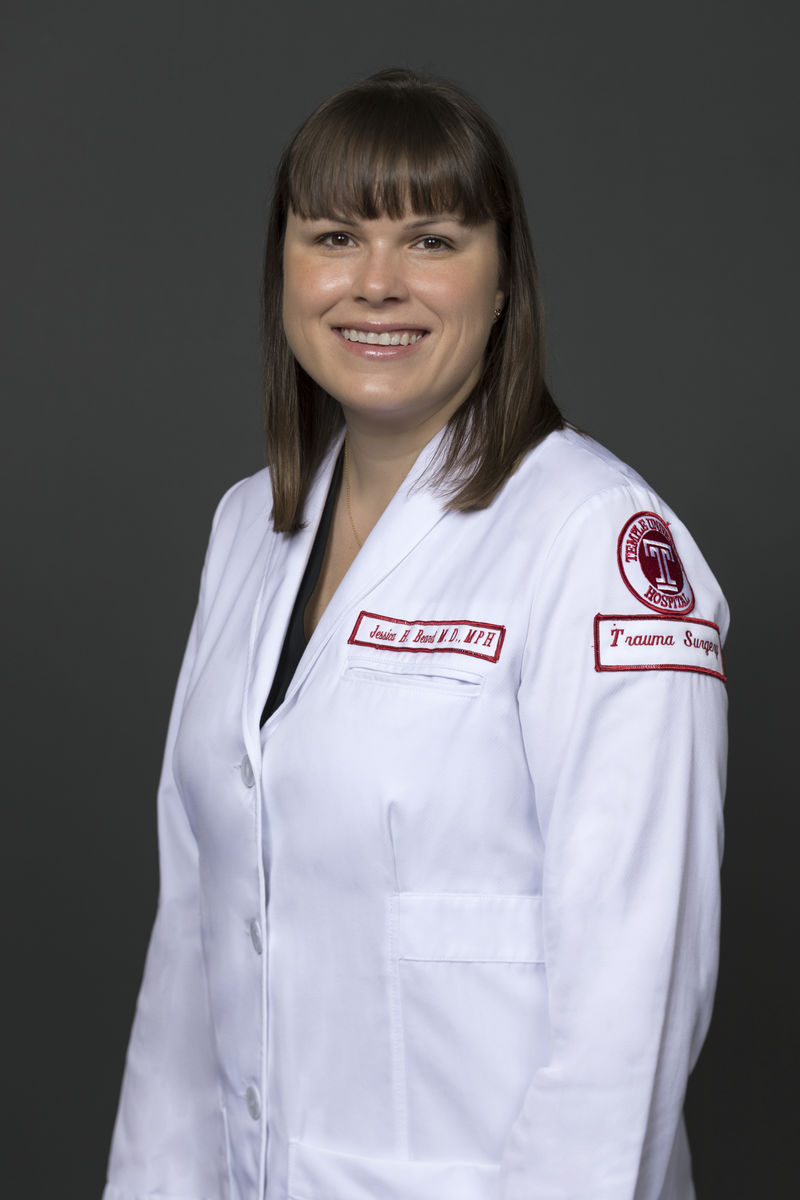 News coverage of community firearm violence often presents a short snapshot of a single shooting event. But how does that snippet – which lacks broader context – impact the survivor, their family, the larger community, policymakers, and even audiences? Which firearm-injured people and communities receive this kind of superficial coverage? And what are the ramifications?
News coverage of community firearm violence often presents a short snapshot of a single shooting event. But how does that snippet – which lacks broader context – impact the survivor, their family, the larger community, policymakers, and even audiences? Which firearm-injured people and communities receive this kind of superficial coverage? And what are the ramifications?
A new two-year, $450,000 grant, “Examining Racial and Spatial Disparities in Harmful News Media Reporting on Community Firearm Violence,” from the National Institute on Minority Health and Health Disparities, (NIMHD), of the National Institutes of Health, builds on previous research from Jessica H. Beard, MD, MPH, FACS, Associate Professor of Surgery in the Department of Trauma and Critical Care and Director of Trauma Research at the Lewis Katz School of Medicine at Temple University. This research found that firearm-injured people felt dehumanized by these episodic crime reports that added to their trauma, and that such coverage created negative public perceptions of safety and community.
Community firearm violence disproportionately affects people of color and marginalized communities. This NIH grant, led by Dr. Beard as Principal Investigator, will bring together stakeholders with lived experience of community firearm violence, journalists, and academic researchers and will be the first to:
1. Define specific harmful elements of episodic crime reports
2. Develop a novel instrument to measure the frequency and severity of their presence
3. Evaluate racial and spatial disparities in episodic media coverage of community firearm violence, including shooting victim demographics and shooting location characteristics.
This research, based on Philadelphia television reports, will then help guide the creation of evidence-based guidelines similar to those for reporting on suicide, mass shootings, sexual assault, abuse, and crime involving minors, with a short-term goal of minimizing harmful reporting on community firearm violence, and a long-term goal of decreasing shootings.
“Alternative reporting approaches that emphasize a public health and solutions-based narrative of community firearm violence have the potential to help mitigate structural racism, minimize the disparities present in the incidence of this violence, and potentially even help prevent it,” said Dr. Beard, who is also Director of Research at the Philadelphia Center for Gun Violence Reporting and a Stoneleigh Foundation Fellow.
The research will build a foundation for a future R01 multi-city study planned by the research team.
Jennifer Midberry, Assistant Professor of Journalism and Communication at Lehigh University, and Christopher N. Morrison, Assistant Professor of Epidemiology at the Columbia University Mailman School of Public Health, are co-investigators on the grant.
The research reported in this publication is supported by NIMHD award number 1R21MD019088-01. The content is solely the responsibility of the authors and does not necessarily represent the official views of the NIH.
About the Lewis Katz School of Medicine
Founded in 1901, the Lewis Katz School of Medicine at Temple University attracts students and faculty committed to advancing individual and population health through culturally competent patient care, research, education, and service. The School confers the MD degree; MS and PhD degrees in Biomedical Science; the MA in Urban Bioethics; the MS in Physician Assistant studies; a certificate in Narrative Medicine; a non-degree post-baccalaureate program; several dual degree programs with other Temple University schools; continuing medical education programs; and in partnership with Temple University Hospital, 40 residency and fellowship programs for physicians. The School also manages a robust portfolio of publicly and privately funded transdisciplinary studies aimed at advancing the prevention, diagnosis, and treatment of disease -- with specialized research centers focused on heart disease, cancer, substance use disorder, metabolic disease, and other regional and national health priorities. To learn more about the Lewis Katz School of Medicine, please visit: medicine.temple.edu.
